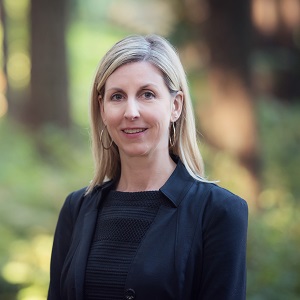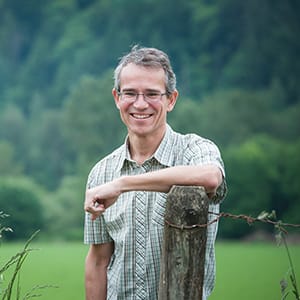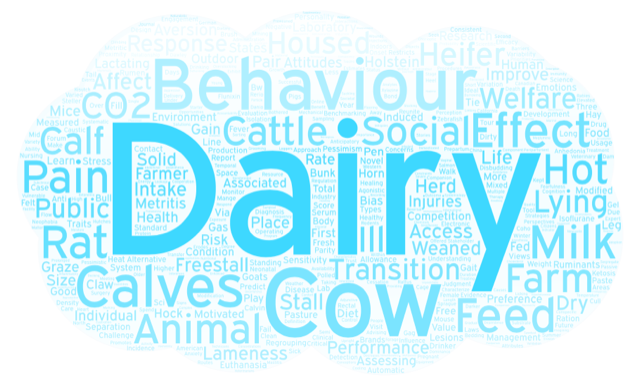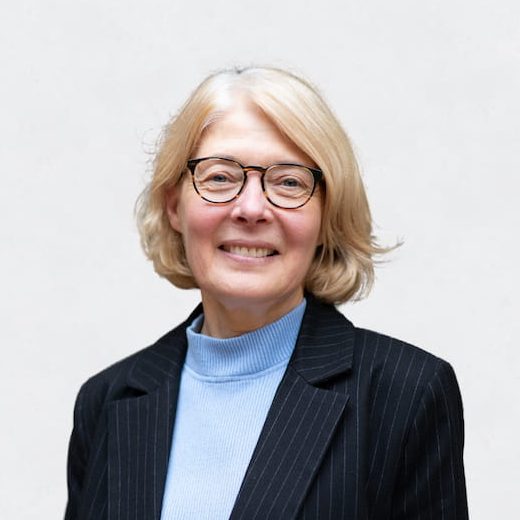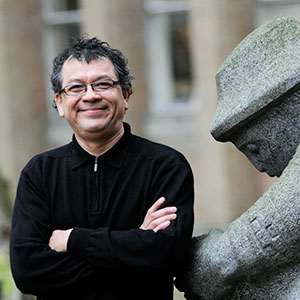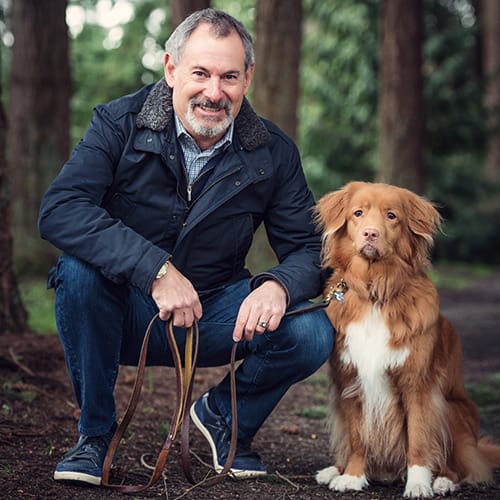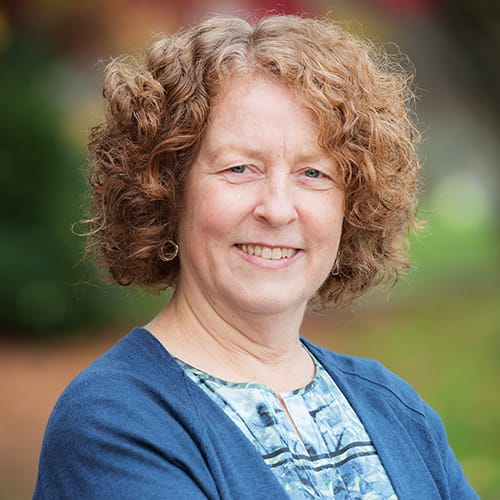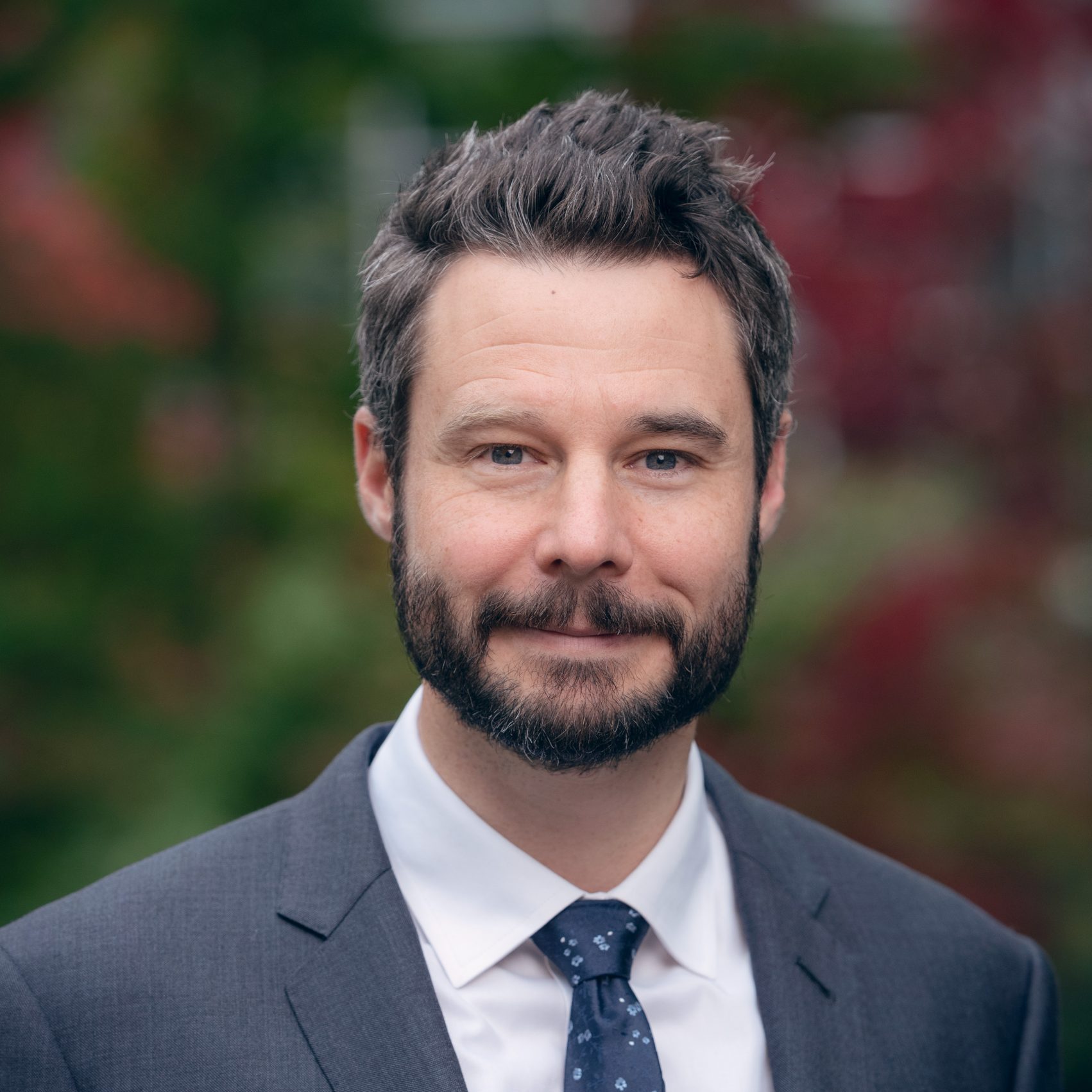
Will Valley
Associate Dean, Equity, Decolonization, and Inclusion
Associate Professor of Teaching, Applied Biology
604–822–6534
Food, Nutrition, and Health 210, 2205 East Mall
University of British Columbia, PhD, Sustainable Food System Education
University of British Columbia, BEd, Secondary Sciences
University of British Columbia, BSc, General Biology
Will's research interests include:
- Sustainable Food Systems Education
- Systems Thinking and Cognitive Psychology
- School Food and Nutrition Education + K-12 School Food Systems
- Community-Engaged Scholarship
- Urban Agriculture
- LFS 100: Introduction to Land and Food Systems
- LFS 250: Land, Food and Community I
- LFS 350: Land Food and Community II
- LFS 400: Audio Storytelling
Rojas, A., Black, J., Orrego, E., Chapman, G., & Valley, W. (2017). Insights from the Think&EatGreen@School Project: How a community-based action research project contributed to healthy and sustainable school food systems in Vancouver. Canadian Food Studies / La Revue Canadienne Des éTudes Sur L’alimentation, 4(2), 25-46.
Valley, W., Wittman, H., Jordan, N., Ahmed, S., & Galt, R. (2017). An emerging signature pedagogy for sustainable food systems education. Renewable Agriculture and Food Systems, 1-14. doi:10.1017/S1742170517000199
Valley, W., Fu, G., & Jovel, E. (2017). Preparing students for complexity and uncertainty: Flexible Learning strategies for developing environmental professionals. In Envisioning futures for environmental and sustainability education (Eds. Corcoran, P.B., Weakland, J.P., & Wals, A.E.J.). Wageningen Academic Publishers. pp. 217–228. Access: http://www.wageningenacademic.com/doi/abs/10.3920/978-90-8686-846-9_15
Valley, W. and Wittman, H. (2016). Urban Agriculture in Vancouver, BC: motivations, meanings, and multi-functionality. In The Governance of City Food Systems: Case Studies From Around The World. (Eds. Deakin, M., Diamantini, D., & Borrelli, N.). Milano: Giangiacomo Feltrinelli Foundation. pp. 41-61. Retrieved from http://www.fondazionefeltrinelli.it/article/ebook-utopie-the-governance-of-city-food-systems-case-studies-from-around-the-world/
Cassidy, A., Fu, G., Valley, W., Lomas, C., Jovel, E., & Riseman, A. (2016). Flexible Learning Strategies in First through Fourth-Year Courses. Collected Essays on Learning and Teaching, 9(0), 83–94.
Tagged with: Faculty, Sustainable Agriculture and Environment
